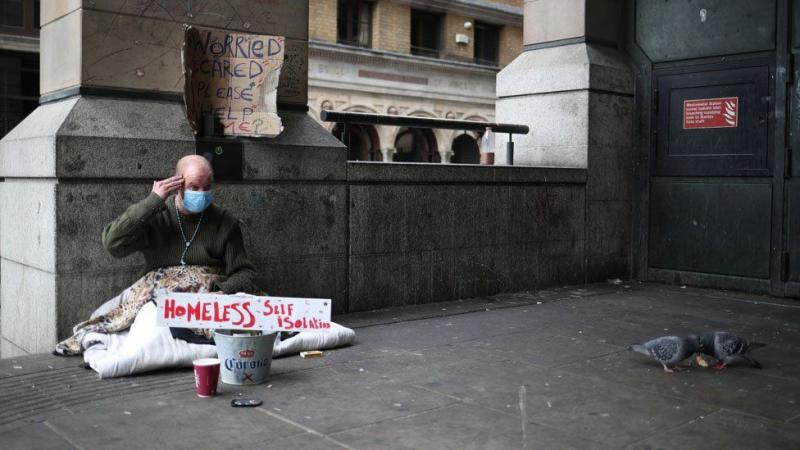There are few clearer measures of societal health than homelessness. On this count, and despite its enormous material wealth, England is in poor shape. Relative to the recent past, and any country we might want to compare ourselves to, we have a problem with homelessness.
The causes of homelessness are undoubtedly complex. But the above comparisons show that the problem can be addressed: policy choices make a difference. This was shown in dramatic fashion last March with the Ministry of Housing, Communities & Local Government decision to house people rough sleeping (‘Everyone In’) in response to the first national lockdown.
So Lockdown 1 was a period of great policy innovation. It was also a time of radical service innovation as health and social care services responded to a world of social distancing, remote working and PPE.
At that time many Strategy Unit projects were focused on what could be learnt from this period of innovation. What changes were being made? Which changes seemed to be an improvement on pre-lockdown practice? Which ones were a step back? Which needed more evidence and further study? We were asked these questions so frequently, we produced a Guide to working through them.
It was a great privilege to be asked by NHS England & Improvement to examine these questions in relation to the service response for people experiencing homelessness. Alongside this, we were also asked to look at how data collection and use could be improved.
The reports below contain the detailed results of this work. These results resonated strongly with similar projects from Groundswell, St Mungo’s and Crisis.
Above and beyond the results set out in the reports, we also found that:
- Innovation was taking place on the frontline. Changes made by services were pragmatic responses to changes in circumstance; they were not done in response to plans from ‘on high’. Policy is now running to catch up with practice.
- Existing problems were exposed. Data were patchy and weak; services were often strained (and sometimes unwelcoming). These pre-existing weaknesses came more sharply into focus. The hope is that temporary measures to cope with the crisis – less hiding behind ‘IG’ for example – can be now nurtured into everyday practice. The basic right of access to healthcare, that has too often eluded those experiencing homelessness, is assured.
- While seeing that standard administrative data was lacking, we found that it was possible to gather near live information from people experiencing homelessness. We joined forces with (the excellent) Groundswell to bring together our work on services’ experiences with their peer-led work looking at people’s experiences of this support. This combination proved powerful and we shared many lessons during a session at our INSIGHT 2020 festival.
- The NHS can be criticised for its approach to addressing health inequalities. The hope here must be that the inequalities exposed by Covid draws a fuller and better response in future. Recent reasons for this hope include: the content of NHSE/I’s ‘Phase 3 letter’, which focused heavily on inequality; the recent appointment of Dr Bola Owolabi as Director of Inequalities; and the energy shown by Olivia Butterworth, who led NHSE/I’s response to homelessness.
Homelessness is a source of shame for our society. The best way to improve outcomes is not to tweak services, but to prevent the problem. But while homelessness remains, the NHS must feel a sense of duty and responsibility to do the best it can do, and to work closely with local government and the voluntary sector in support of this.
This work gave us the chance to combine personal interests and passions with professional skills. It was part of the Strategy Unit’s ongoing commitment to addressing health inequalities and we relished the chance to contribute to a significant and vital agenda. We look forward to working with others to do so again in future.
CC BY-NC-ND 4.0

This work is licensed under a Creative Commons Attribution-NonCommercial-NoDerivatives 4.0 International License.
